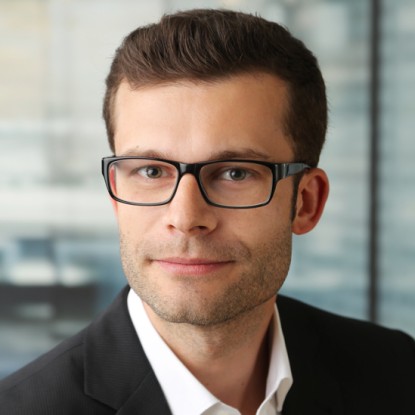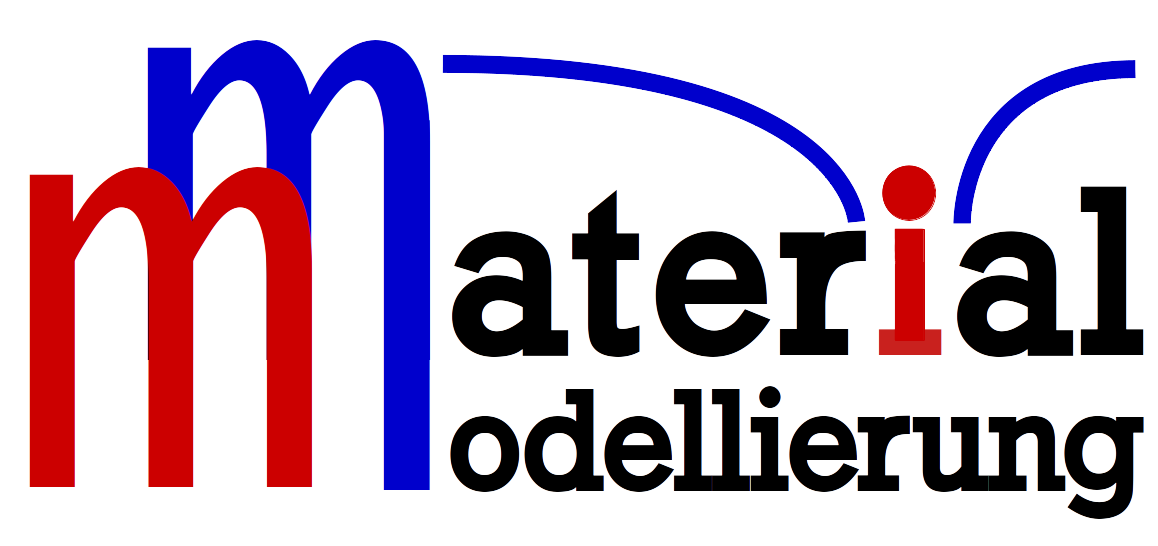The predictive power of simulations based on classical interatomic potentials depends on the transferability and quality of the underlying interaction models. Present day approaches to generate and fit interatomic potentials focus on simple, easy-to-calculate target quantities such as e.g. lattice constants, elastic constants, or energies of point defects. Also total energies and atomic forces of various structural configurations are used, for which reference values from static or dynamic ab initio calculations are available. A much more stringent test to validate the performance of potentials would be phase diagrams for the solid and liquid phases of single- and multi-component systems. Such a test would immediately reveal whether a given potential shows artifacts such as the absence of thermodynamically stable phases, the occurrence of unphysical “ghost” states, or inaccurate transition temperatures. However, presently available approaches to compute phase diagrams are numerically too expensive to be applied routinely, particularly when targeting an accuracy of a few K comparable to experimentally derived phase diagrams. Based on the complementary expertise of the two involved groups in sampling thermodynamic configuration space we plan to develop approaches that allow to compute accurate phase diagrams at a fraction of the presently necessary computational effort. In a first step we will analyse and test existing atomistic methods for phase diagram calculation and asses them with regard to computational efficiency, accuracy and degree of automation. Based on this insight we will develop adaptive protocols and computational tools for high-throughput, automated phase diagram calculations with built-in convergence checking.
Using these tools we build up a database of thermodynamic reference data and use it to validate and benchmark a large number of potential models. We will make these tools publicly accessible to allow developers as well as users to validate their potentials with respect to the accurate reproduction of the experimental phase diagrams. This research will lay the groundwork for the development of next-generation potentials with accurate thermodynamic behavior, which are directly fitted to experimental phase diagram data and ab initio free energies.
DFG
AZ: STU611/5-1
Project period: July 2019 – June 2022
Research project with Max Planck Institute for Iron Research GmbH (MPIE)

Research Assistant

M. Sc. Aron Helzel
Contact
helzel@mm.tu-...
work +49 6151 16-21897
Work
L6|01 209
Otto-Berndt-Str. 3
64206
Darmstadt
Project Leaders

Dr. rer. nat. Alexander Stukowski
Contact
stukowski@mm.tu-...
work +49 6151 16-21898
Work
L1|08 213
Otto-Berndt-Str. 3
64287
Darmstadt

Prof. Dr. rer. nat. Karsten Albe
Head of Research Group
Contact
albe@mm.tu-...
work +49 6151 16-21900
fax +49 6151 16-20965
Work
L6|01 211
Postfach 10 06 36
Otto-Berndt-Str. 3
64206
Darmstadt



